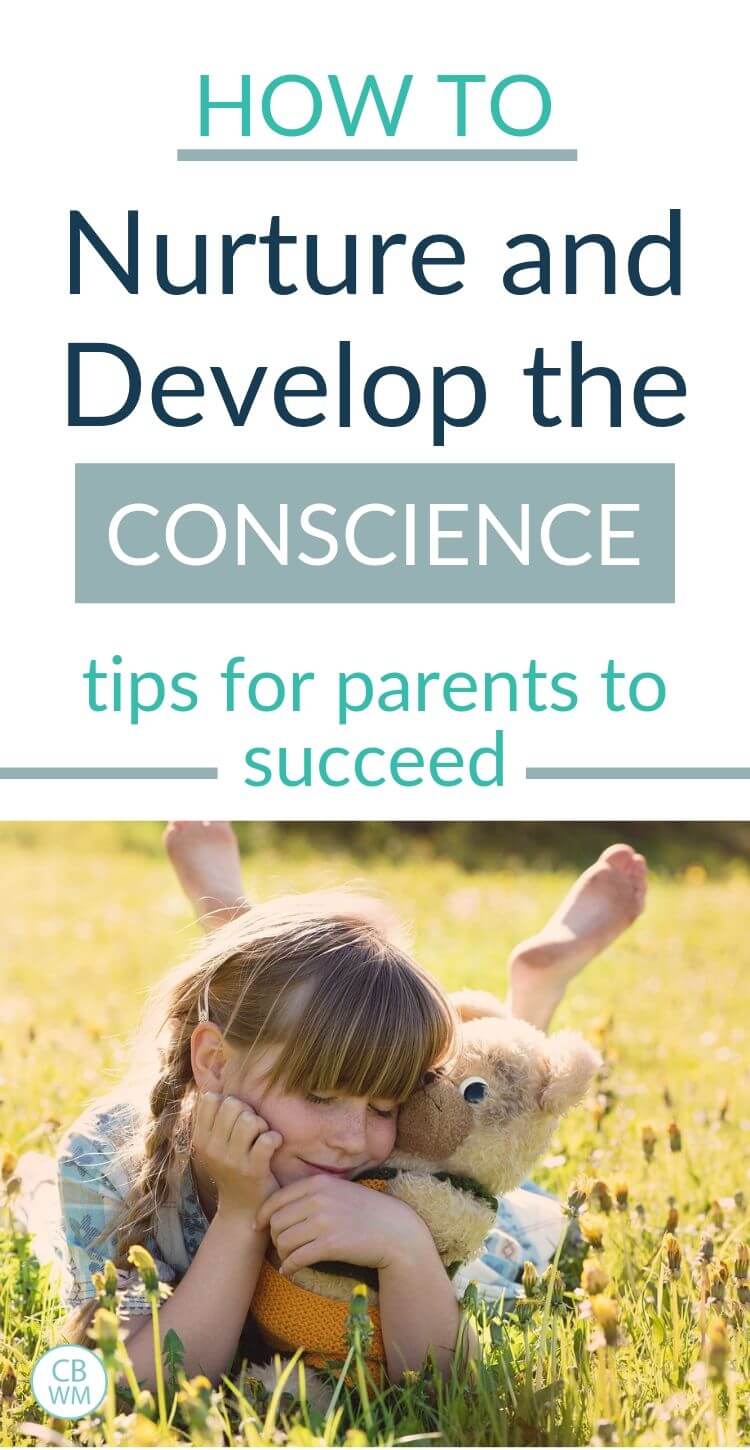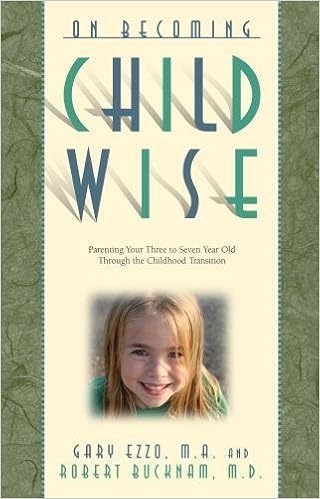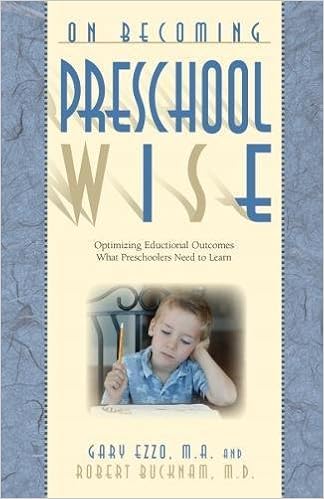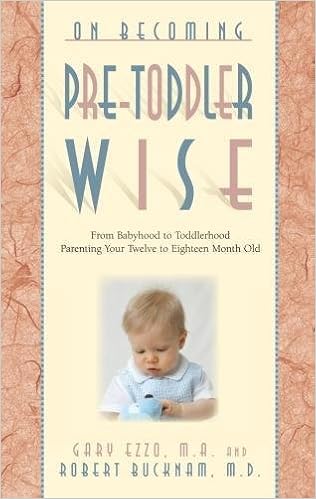How to teach your child to listen to the conscience and treat others with respect and kindness. How to teach this skill and raise a moral child.

Most of us want our children to grow to be wonderful people. We want them to be as smart as they can be. We want them to have their own special talents. We want them to be responsible and have a fantastic life. I am sure on this list we also include morally responsible people. The conscience is something that can go a long way toward helping your child to have a healthy moral ground to stand on.
There are many religious views you can take on the conscience. I definitely have my own views on what it is and isn’t. In the interest of covering the topic in a manner that everyone can understand, I will be referring to the conscience simply as the conscience.
This topic is reviewed in On Becoming Preschoolwise if you would like further reading there.
Post Contents
CONSCIENCE–WHAT IS IT?
While everyone has a conscience, it doesn’t mean people always listen to it. I believe everyone has this within them, but that we can teach ourselves to listen to it or extinguish it by our habits. The conscience is that voice that tells you if something is or isn’t right. It is your moral guide. Remember Jiminy Cricket from Pinnochio?
The conscience can also be “your gut.” Your conscience guides you through life and helps you to make wise decisions.
For babies and young toddlers, the conscience is a tricky thing. I believe that these children have a conscience. All people are born with this. However, these children are not born knowing what is right and what is wrong.
That is up to the parents to teach them. They begin to learn what types of behaviors are morally right and which are morally wrong. The young child is not malicious. They don’t move to do something “wrong” with the full intention of ignoring that inner voice and doing it anyway.
When these young children do something “wrong,” it is typically in order to establish meaning to their world. Children make the best scientists. They are excellent at observation and collecting data.
Your baby drops food on the floor and observes your reaction. Your baby will then do it several times to see if your reaction is always the same. We adults make life difficult for these scientists because we are human and do not usually offer consistent results.
The first time, we might laugh. As time goes on, we don’t find it so funny. We start to worry that our child is going to be a rebellious teenager! We try different approaches to stopping it, but we are rarely as consistent and persistent as the child and don’t give things the proper patience and time.
Your baby isn’t trying to manipulate you or to be willfully defiant. Your baby is just learning how things work and what makes you tick. It is your job to teach your baby how to listen to that conscience. “Before he can behave morally, he must learn general concepts of right and wrong and then advance to specific concepts of right and wrong” (Preschoolwise page 47).
Get your copy today:
CONSCIENCE–HOW DO I TEACH IT?
As your baby grows, you will teach him to listen to the conscience and recognize it. The previous Babywise books have guided you in teaching this to your child. The next book (On Becoming Childwise: Parenting Your Child from 3-7 Years
- How To Know What Freedoms to Give Baby
- Teaching Your Baby “No”
- Considerations for Correction
- Discipline Foundations for Your Baby
- 5 Rules for Giving Kids Instructions
- Proactive and Directive Parenting
- Training in Times of Non-Conflict
- Why Prevention is a Powerful Parenting Tool
- How To Give Your Toddler Boundaries
- How To Teach a Child How to Make Decisions
- Valuable Discipline Points for Toddlers
Prior to age three, you are training outward behavior and creating good habits. Your child still views the universe as something that revolves around him and isn’t quite to the point to put others before himself.
This doesn’t mean your child is incapable of love and doesn’t ever do nice things for others. It also doesn’t mean your child is completely incapable of sympathy or even empathy. But your child just isn’t quite ready for the “why” explanations of how to do things.
We don’t hit for many reasons, none of which will be fully understood by your child under the age of three. So you are training him to obey you and to get into good habits. Whether or not he understands why he shouldn’t hit, it should be his habit to not hit.
Around age three, he can start to understand why we do things or don’t do things. You are starting to train the heart not only in habit but in understanding. You explain the reasons for things.
We don’t hit because it hurts people and it isn’t a nice thing to do. It doesn’t show love. Keep in mind that the conscience isn’t something you have to instill into your child. It is something you shape in your child. He has a conscience. He needs you to teach him correct morals so he can listen to his conscience and also so his conscience can guide him to do the right thing.
You might wonder why you need to teach right and wrong to the conscience. Some things might not really require teaching. These things are inherently wrong. It is inherently wrong to kill someone. That is accepted by the general world population. Of course, there are people who ignore that conscience within and do so anyway.
There are other things that are socially wrong. In some cultures, it is kind to burp after a meal. It is a compliment to the chef. In other cultures, that is offensive to those sharing the meal. These social customs will need to be taught to your child.
There are other things that are inherently wrong that many if not most children need to be taught. It is inherently wrong to steal. Many children need to be taught this, however. You will start this with the idea of sharing. You will continue it if your child one day returns home from a playdate with Timmy’s toy car. You will help your child’s conscience by ensuring your child knows what was and wasn’t wrong. Your child will need help recognizing that voice and learning how to listen to it.
Focus on the why. Why does your child need to share? Why does your child need to tell the truth? Why does your child need to respect his teacher? Be sure your child also understands how to do these things. But why is important. Perhaps by now you have realized the importance of you understanding why you are doing things as a parent. Why did you put so much effort into sleep-training? Why did you sacrifice social life for the benefit of keeping your child well-rested and well-fed?
Your child needs to know “why” also. If he only knows how, he will not know how to judge things for himself. Exceptions come up. Knowing why allows the child to judge situations for himself. It allows him to behave appropriately even when he faces a situation that mom has not told him about.
Teach your child to love virtue. Tell your child what to do, not just what not to do. Encourage your child to do right things, not just to not do wrong things.

BE AN EXAMPLE
I am putting this under its own heading in order to emphasize the point. It is part of how you instill a healthy conscience, and I think it is a HUGE part of how. You, the parent, need to be an example. A good one.
I have a good friend who is the mother of six children under the age of seven. Five of these children are boys. How would you imagine these boys to be? Would you imagine that they might poke fun at people? Perhaps they are rough and crazy? That is a logical assumption, but it is an incorrect one.
Yes, the boys have energy. They run and play forever. And yes, they have their moments where they bicker with each other, but it is rare. They are the nicest boys you will meet. One day, our family was visiting their family. Brayden got onto the trampoline with them. Brayden is a very careful person, and this was the first time on a trampoline with someone other than dad. He was nervous. He sat down and started to cry. The mom told her boys to get off the trampoline so Brayden could have some time on it by himself to get used to it. I fully expected these boys to grumble about having to get off or at least roll their eyes about it.
They did neither. They happily stepped off the trampoline and stood by patiently while Brayden sat in fear on the trampoline. After a minute I told Brayden to do something so the boys could continue to play. The boys never complained, and they never made fun of Brayden at all.
I have seen so many examples of this from these boys. I was speaking with another friend about how great these boys are. She lives right next to them and told me that when her girls go over to play, they come back the nicest girls. They are more helpful and kind to each other.
I started to ponder just what made these boys so nice when circumstances would lead you to expect a bit of craziness among them. My conclusion is that it is the parents. Both their mom and dad are two of the nicest people you will ever meet. They are generous. They don’t speak unkindly about others and are always complimenting others. They do not take offense. They are more than honest. They are just good people. They are also humble and I know when they read this, the mom is going to tell me how nice I am and also how wrong I am. But I am right :).
Your example has a powerful effect on your child. Once you have a toddler, you will quickly learn all of the weir quirks you have. Every physical thing you do will be mimicked by your child. Every phrase you say will be repeated. Your child studies everything about you and wants to emulate you. He will do it in a magnified way. Instill good morals in yourself and your child will more naturally be a moral person with a healthy conscience. That doesn’t mean there will be no teaching and no correction by you, but it will make your job that much easier.
CONCLUSION
Parenting is a big job. It is a major responsibility. Don’t let these young, formidable years pass you by. Your child is eager to learn all that you have to teach him. Teach by example. Take advantage of learning opportunities. They will come. Take the time to explain things to your child. He will listen, and as he gets older, he will inquire further so he can understand better.
And of course, try to not stress out. Understand the importance of your job as a parent, but you are only human. You can’t be perfect. Do the best you can and make a valiant effort. These things take time. You will be training your child for many years to come.









